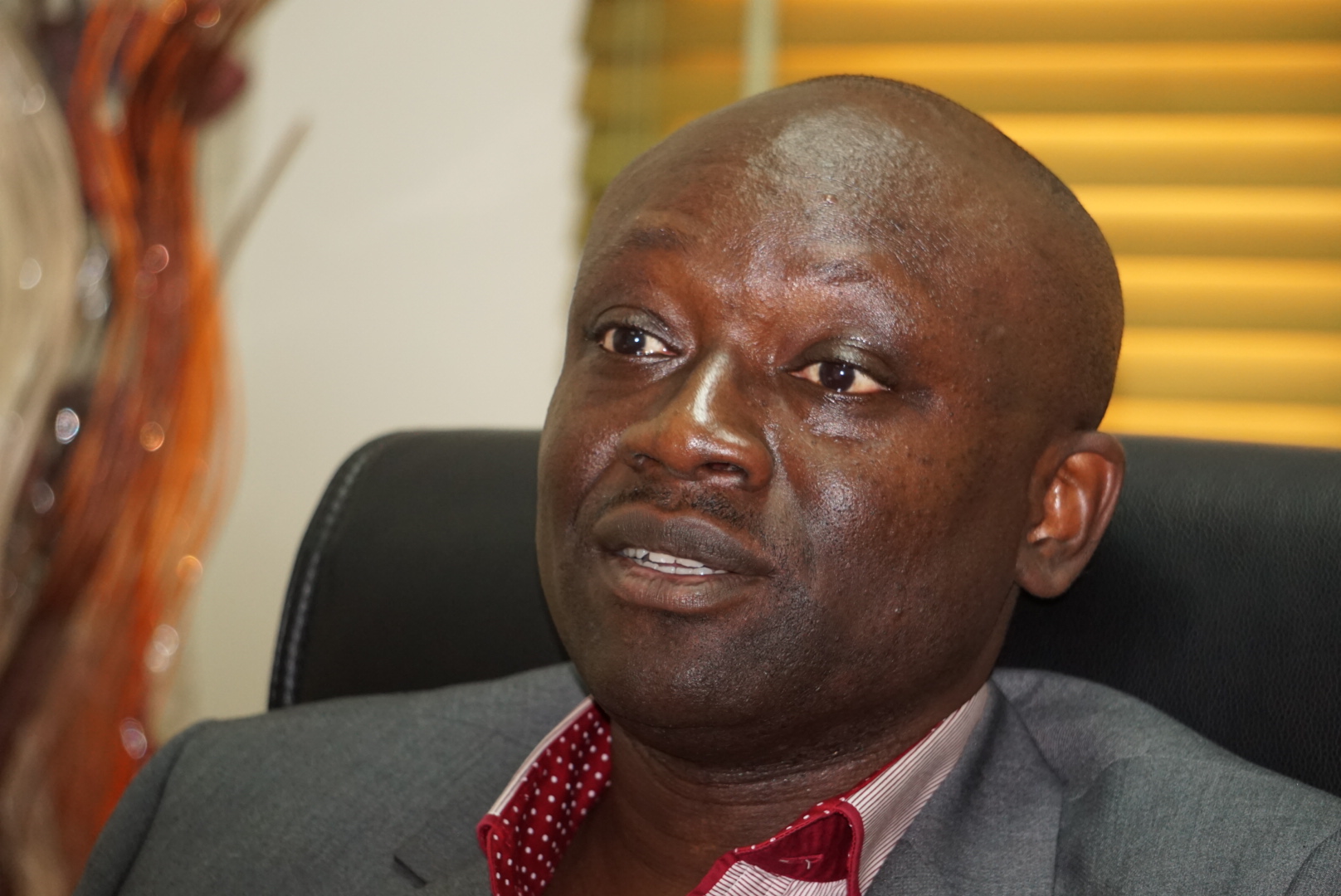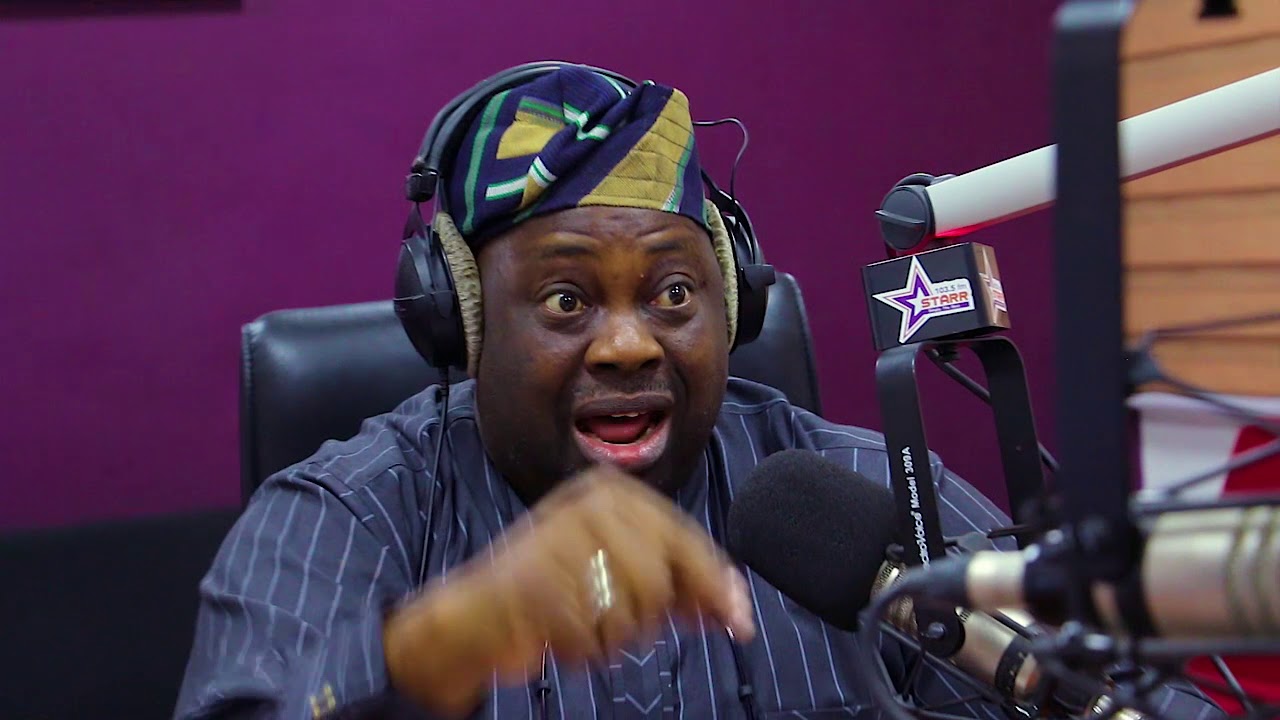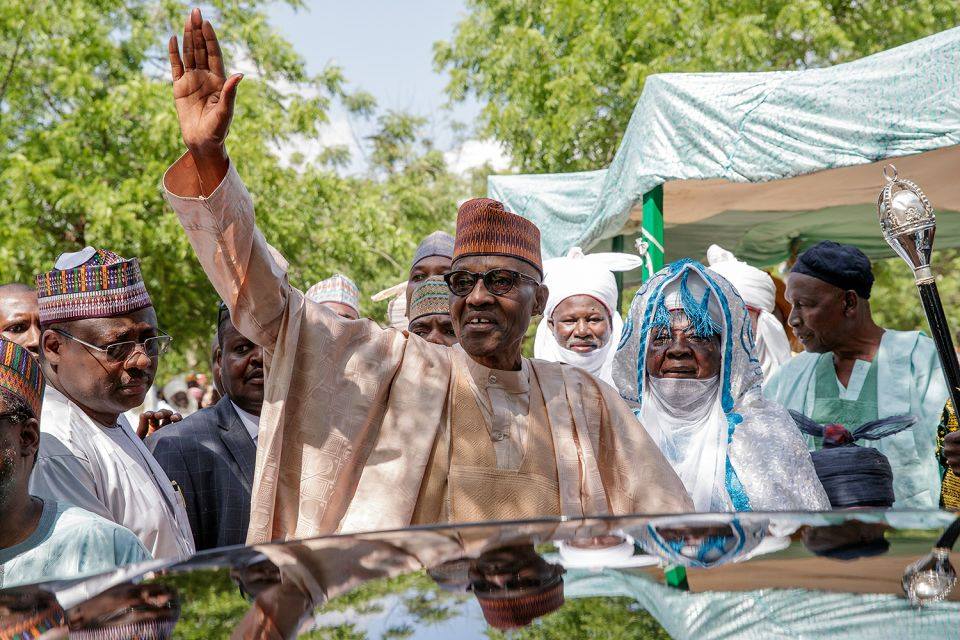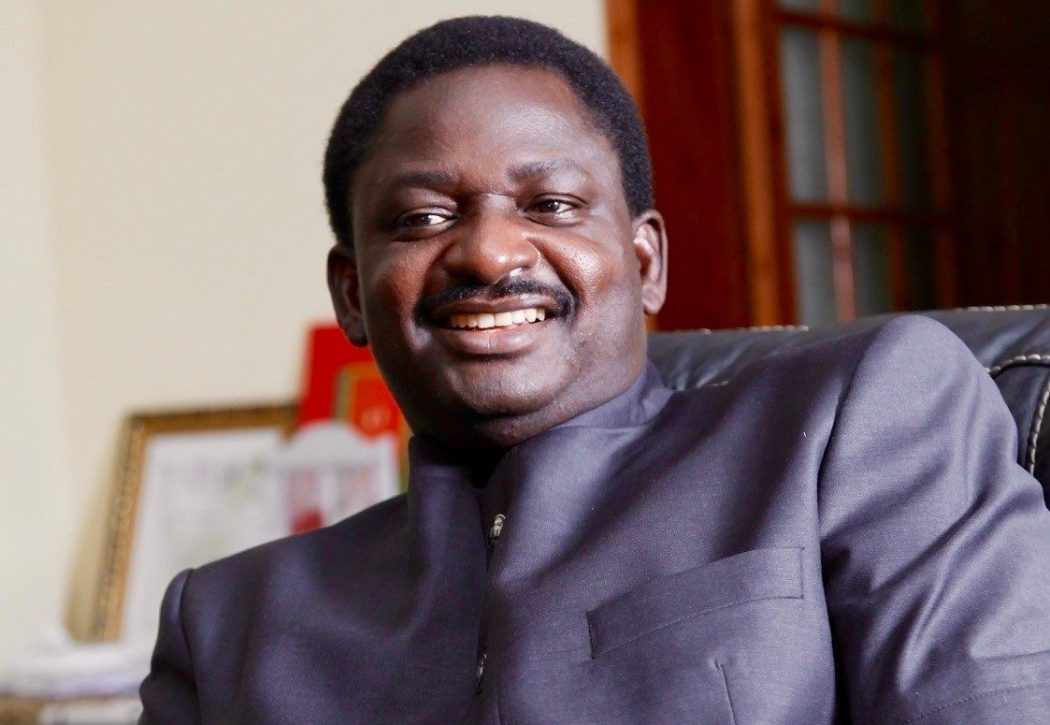[dropcap]R[/dropcap]iddle: name the Nigerian ethnic group known for being “arrogant” and “clannish”. I will give you one or two clues to make things easier. They are perceived by others as thinking and acting like they are God’s greatest gift to Nigeria. They think they are by far superior to the other ethnic groups. Give them a space in public office and they will take a yard, filling every available position with people from their ethnic group. Even the gateman, the cook and the cleaner will be from their own part of the country. When one of them starts a line of business, sooner than later they will populate and dominate that space with their kith and kin. Any guesses? Yoruba? Hausa/Fulani? Igbo?
Maybe your guess is Yoruba. They are accused of “ethnic arrogance”. They actually call themselves the “Yoruba race”, meaning they are not just an ethnic group like others but a whole race — as you have the white race, the black race and the human race! In fact, the Yoruba pride themselves as the “most educated” and the “most sophisticated” in Nigeria. Their elite often say “the rest of the country is holding us back”. The solution is the revival of the defunct Oyo Empire under an Oduduwa Republic! There is this Yoruba saying: “Ajise bi Oyo laari, Oyo kiise bi eni kookan” (“You can only imitate Oyo; Oyo do not imitate anyone”). Pride? Arrogance?
On clannishness, some argue that the Yoruba are the kings of “tribalism”. Some say Yoruba started ethnic politics in Nigeria when the Greak Zik was denied premiership of Western region in 1952. President Olusegun Obasanjo was initially accused of running an “Afenifere government” in 1999. Mr. Louis Odion, respected columnist, wrote in Daily Sun (November 9, 2003) that Obasanjo had established a “new Yoruba oligarchy”; the NNPC GMD, the police IG and the CBN governor were all Yoruba, he said. Most recently, Vice-President Yemi Osinbajo was accused of filling government with Yoruba and Redeemed Church members within two weeks of being acting president!
Being classified as “arrogant and clannish” is not limited to the Yoruba, so my riddle remains unsolved. You want to make another guess? The “born-to-rule” Fulani and their Siamese twin, Hausa! I grew up being made to understand that the “Hausa/Fulani oligarchy” think they own the country. In fact, I used to hear of the “Kaduna Mafia” that decided everything about political power in Nigeria. The rest of Nigeria believed (believes?) if you do not pander to the Hausa/Fulani interest, you can never become president. The late Alhaji Maitama Sule, former minister, was once quoted as suggesting that northerners were the ones divinely gifted with the leadership of Nigeria.
As for clannishness, one of the raging accusations against President Muhammadu Buhari is that he has filled his government with the Hausa/Fulani. Since he came to power in May 2015, there has been an outcry that most revenue-rich agencies (“plum jobs”, as we call them in Nigeria) and key security bodies are headed by the Hausa/Fulani. The recent recruitment by the DSS, in which more people were employed from Katsina state than the entire south-east, is further given as evidence. The late President Umaru Musa Yar’Adua was also intensely accused of not just filling strategic positions with northerners but making sure they were from the Katsina-Kano axis.
So maybe Hausa/Fulani is the answer to the riddle? Or Igbo? I recently got entangled in a protracted but decent argument with a reader over my article, “Biafra is Not a Dirty Word” (May 28, 2017). In it, I broached the possibility of a president from the south-east in 2019 to balance the national equation and continue the nation-building project. The reader objected furiously. She said she would never support an Igbo to become president. She said the Igbo think they are superior to everyone else “and that the rest of us are just making up the numbers”, reminding me that the Greak Zik was quoted in 1949 as saying the Igbo were created “to lead the children of Africa from bondage”.
She referred to a statement attributed to Mr. Charles Onyeama, an Igbo lawyer and member of the central legislative council, in 1945 that “Igbo domination of Nigeria is only a matter of time”. She argued that the central thesis in Prof. Chinua Achebe’s book, “There Was a Country”, is that Nigeria was making progress when Igbo were the ones calling the shots — “an arrogant suggestion that merit is an exclusive Igbo thing”. She added: “Achebe more or less said Nigeria was no longer a country because his Igbo brethren lost their strategic positions at federal level after the July 1966 countercoup. That is conceit undisguised.”
Sure, I am aware of the arguments being articulated against the Igbo by other ethnic groups, particularly the charge of clannishness. They are often accused of seeking to dominate anywhere they operate. It is said that when an Igbo trader rents a shop, he will soon make sure all the surrounding shops are taken by fellow Igbo traders. I am aware of the accusation that Senator Anyim Pius Anyim filled his office with Igbo when he was secretary to the government of the federation, and that the financial sector was overwhelmingly Igbo when Dr. Ngozi Okonjo-Iweala was minister of finance. So, is Igbo your final answer to the riddle?
Wait a minute — what about the Ijaw? They were also accused of being “arrogant and clannish” when President Goodluck Jonathan was in power. Ijaw leaders and youth constantly reminded the rest of Nigeria that it is “our oyel” (also known as “oil”) that is sustaining Nigeria, isn’t it? The haughtiness of Ijaw militants such as Asari Dokubo and Government Tompolo, it was said, stank to high heavens. They were accused of walking on people’s heads. The Ijaw also speak proudly of their rich history, reminding anyone who cares that they had an embassy in Portugal many centuries before the rest of Nigeria knew civilisation.
And the clannishness? I used to argue that there were only two Ijaw appointees in Jonathan’s 42-person cabinet: Elder Godsday Orubebe and Mrs Diezani Alison-Madueke. So how can you accuse Jonathan of running an Ijaw government when there were only two of them in his cabinet? Then I was reminded of the influence the “almighty” Chief EK Clark, the Ijaw leader, had on Jonathan to the extent that Clark’s word was final on most of Jonathan’s decisions. All Clark’s nominees for federal positions got appointed, I was informed, and the militants virtually ran Aso Rock — in addition to controlling the pipelines.
To solve the riddle then, we may need a lifeline. But here are my thoughts and personal convictions. One, there is no ethnic group in Nigeria that cannot be accused of being “arrogant”. We always use Abuja and any incumbent government to make our conclusions about ethnic pride and prejudice, but when we shift the focus to our states and localities, we will discover that these complaints and accusations are universal. Ethnic pride is human, I suppose. Go to India, Kenya, Ethiopia, Singapore and even mono-ethnic societies such as Somalia and you will find it there. Even the most advanced societies are not immune to it. You have white supremacists all over the world.
Two, “clannishness” is not confined to one ethnic group. Sociologists and anthropologists are in a better position to explain why the Yoruba control taxi business in Jos, why northerners dominate retail kiosks, and why Igbo rule the motor spare parts trade. More so, every ethnic group uses derisive terms to describe others — “Ofe Manu”, “Awusa”, “Yanmiri”, “Aj’okuta ma mumi”, etc. It is not limited to Nigerians, I know, but why are our prejudices so inflammable and so easily mobilisable, thereby leading to conflict? We have to view this within the bitter competition for limited opportunities in a country where whoever holds political power controls the juices.
My conclusion, lest I forget, is that we will never build a strong and viable nation if we continue to look at the negative traits in others rather than the positive things they have to offer. Agreed, every ethnic group has something bad to say about the other, but why do we always have to look at one another from the points of weakness rather than the points of strength? I will never argue that conflicts, prejudices and biases will disappear from our society. There is no society in the world devoid of prejudice — be it ethnic, racial, religious, ideological or regional. As far as I can see, it is human. I am not expecting Nigeria to become the first perfect country in the world. Not so fast.
My expectation, however, is that those who call the shots, those who mould opinion, those in positions of influence would reflect deeper. There are no saints in the underdevelopment of Nigeria. No ethnic group is devoid of arrogance, clannishness, corruption, indiscipline and greed. How then can we begin to construct a positive story for Nigeria, in spite of prejudice? That is the challenge. I’m convinced Nigeria can work. Unfortunately, it is easier to destroy than to build. What Nigeria desperate needs are builders, but what Nigeria is getting is a growing tribe of preachers of hate and purveyors of prejudice. Those who wish Nigeria well must create a new narrative. Imperative
Simon Kolawole is a columnist in ThisDay and publisher of The Cable, an online newspaper. This article was first published in ThisDay.
The opinions expressed in this article are solely those of the author.


![The Passing of a Mighty Warrior: A Tribute to Buhari, By Femi Fani-Kayode [MUST READ] Buhari](https://www.thetrentonline.com/wp-content/uploads/2021/07/Buhari-The-Trent.jpg)











Even though there is bound to be clannishness in ethnic groups of in Nigeria, the former administration made sure it chose candidates suitable to occupy strategic positions knowing the kind country we have.
The former minister of finance had was powerfully knowledgeable in heading the financial sector of the country and as such chose persons with good reputation and knowledge to occupy strategic position of the financial sector.
Well, no human is 100% accurate. There is bound to be lapses. Although the former minister of finance tried her best to make the economy of Nigeria stable. It is now left for the new minister to continue from where the former minister stopped since governance is all about continuity.
With the help of the former minister of finance, the past administration created 1.4 million jobs in a bid to address unemployment in the country through the SURE-P programe.
The SURE-P programme was also introduced so as to re-invest the Federal Government savings from fuel subsidy removal on critical infrastructure projects and social safety net programmes with direct impact on the citizens of Nigeria. All these achievements were possible because of the high profiled and knowledgeable persons occupying key positions of the government office.
After all these achievements, the new administration abolished the program, we are entering the second year of the present administration, noting show yet people from the northern region occupy strategic positions in government.
Last administration had people from its ethnic group occupying almost every sector of the government office yet there were good and credible achievements recorded. What have we achieved in this present administration? Hunger and massive death I guess.
The poorest person could afford to eat in the past administration even though it had people from the eastern part of the country occupying strategic positions in government office. The hunger rate of now and the past administration, can you balance it?